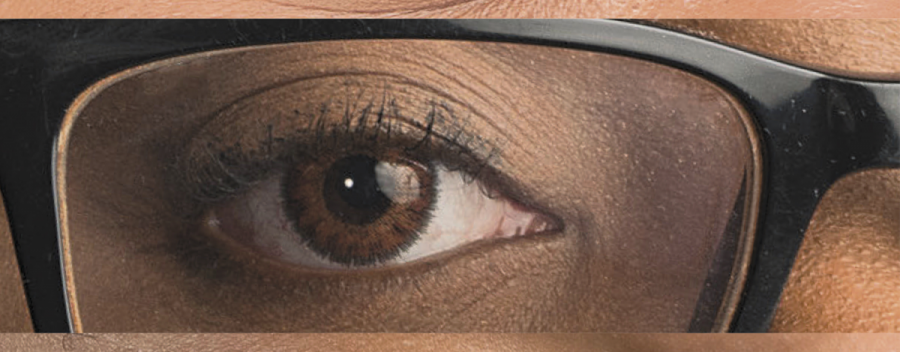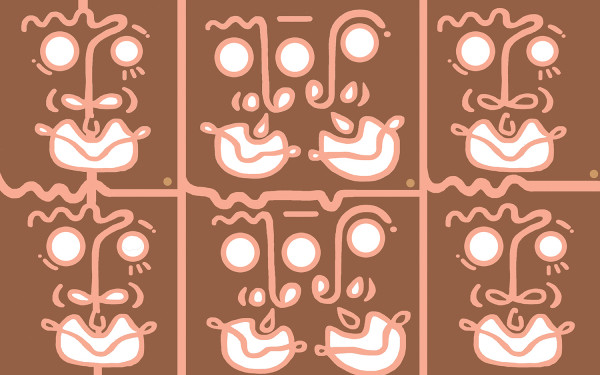Editorial: Representation Matters
Canadian media is white.
Consider who you read in the mainstream media. It’s probably white people—white men. The lack of minority representation in the media doesn’t exist in a vacuum, but is a product of colonialism, capitalist development, slavery, and the genocide of Black and Indigenous people, and people of colour over centuries.
Let’s consider an example near and dear to us: Concordia’s journalism department. There are no non-white teachers. In fact, the j-school class on gender and diversity hasn’t been offered since the professor who taught it retired two years ago. Out of these contexts sprouts a nationwide media ecosystem that is actively racist.
The lack of coverage on missing and murdered Indigenous women is a problem, the fact that a journalist like Desmond Cole—a Black person who reports sharply on racism, specifically towards Black people—is considered an outcast are examples of the problem. Why does the media actively turn a blind eye to the racism that is blatant in our society?
In recorded cases of race-based harassment, why is the oppressor’s face blurred, out of sympathy, while the victim’s identity is made public and subject to a racist court of public opinion?
It is also important that we don’t reduce these instances to symptoms of the problem. TVA Nouvelles’ active sympathy of Quebec’s far-right comes from the very same internalized racism that the previous two examples do. We have to see them as what they really are: Moments of explicit racism.
We at The Link call on Concordia’s journalism department to take the lead in reaching out to minority communities to fix the problem of representation in the department, as well as on the student and faculty levels. We call on every journalism school across the country to do the same with their local minority communities. We hope to see balanced representation of minority issues in the media nationwide, void of any stereotyping and tokenism.
We hope to see racialized voices taken seriously, and given the dignified platform that they have never been afforded in the Western world.
Out of our 15 editors at The Link, only two are racialized—both of whom have the privilege of being cis-hetero males. We acknowledge that this publication’s editorial team is and has always been predominantly white. This is yet another example of the racial barriers in which our media landscape exists.
In this space dedicated to issues of race, a Concordia student shares her experiences with racism at the university and her concern with the predominantly white, eurocentric topics covered in her classes. She also calls out the lack of diversity within all curriculums across the school’s faculties. Two women of colour write about the trivialization of their hair. A Black woman shares traumatizing anecdotes of severe race and gender-based harassment.
Still, this special issue is by no means an exhaustive look at the complexities of race, ethnic identity, and otherness. We hope these stories can expand the conversation about our racist society and how to overcome these ills.







